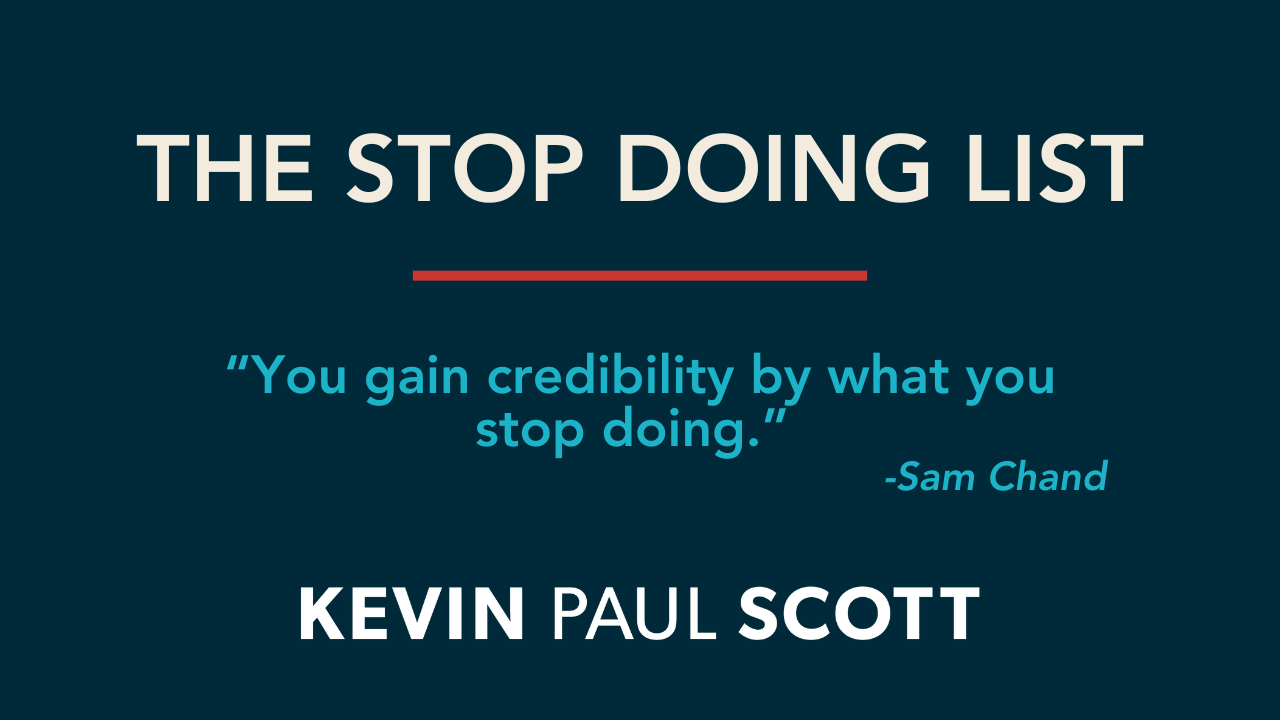As a reminder, I often use the term “organization” to refer to a group of people working together toward something. To me, organizations can be businesses, teams within a business, local boards for community projects, teams within a church, and even families.
Last week, we unpacked why inspiration matters. For some of you, this idea of inspiration is exciting and motivating. But for others, it’s crippling. Perhaps you feel an added weight on your shoulders because you may not see yourself as an inspirational leader: I am not an amazing public speaker. I am not great at articulating the vision. I have a group in my organization that’s disengaged. I don’t have the relational equity. If this is you, I want to free you up now by saying the best leaders don’t manufacture inspiration; they find inspiration and fuel it.
The best leaders don’t manufacture inspiration; they find inspiration and fuel it.
Isn’t that great news? You don’t actually have to create anything! Instead, you can find inspiration where it already exists and bring it to the forefront for others in your organization. Whether you are already passionately working to inspire your team or slightly intimidated to get started, here are three tactical tips for leveraging the power of inspiration in your organization.
1. Find it.
It may sound overly simplistic, but the first step for leaders is to actively look for inspiration.
Accounting firm KPMG launched their 10,000 Stories Challenge in June of 2015 and inspired their team beyond what they could have imagined. They asked their 27,000 partners and employees to develop posters, as individuals or teams, that described the impact of their work. Posters read statements like “We champion democracy;” “I combat terrorism,” and “I help farms grow.” Surprisingly, KPMG reached their 10,000 story goal just a month into the campaign. It was clear that employees were inspired by one another and themselves when they were given the chance to express the meaning of their work. Less than six months into this initiative, 85% of employees agreed that KPMG is a great place to work, and after a year, scores on this same question rose to 89%. So not only were employees inspired to do good work in their individual roles, but they were more satisfied with their workplace.
Think about this example for a minute. These leaders didn’t create inspiration for their team. They simply brought it out of their team. They empowered their team to be inspired by themselves and one another!
2. Foster it.
Once you’ve identified inspiration, you have to bring it to the surface, so it’s easily accessible to you and the people you are leading. If it’s gathering stories from your team members, you need to develop a process to gather them and a system to archive them. When I hear stories from members of my team or from clients and customers, I try to write them down, compile, and categorize them so I can return to them later. I’m not always the most organized person, so it takes effort, but it’s worth it when you can pull out stories at the most impactful time for your team. And here’s a tip. If your team members aren’t eager to share their stories, give them an incentive for doing so. Buy them lunch or maybe even give them a day off!
By the way, it works with customers too. When you can foster stories from your clients or customers, you can share those success stories with others.
3. Fuel it.
It’s your job to spread the inspiration. Though you may not be creating it, you need to find the fire and pour gasoline on it. Help create excitement around your team members connecting the work they do to something bigger than themselves. Celebrate and spread their stories! It inspires your team.
It also inspires your clients and customers!
It’s important to remember that inspiration isn’t just an internal business tool. It’s important to find ways to spread these stories to clients and customers because inspired customers are more loyal. Not only will they keep coming back to you for more, but they will also inspire new business to come to you.
If you haven’t figured it out yet,
I think sharing stories is the most powerful tool for inspiration.
They are the easiest vehicles to find, foster, and fuel individuals to feel inspired in the work they are doing.
So here’s my challenge to you this week: Share a story of how an individual or team within your organization is using the work they do to positively impact the lives of others.
In fact, I’d love to hear those stories! And to show you I put my money where my mouth is, I will give you an incentive: If you share a story, I will send you a free copy of one of my books!
Share a Story
I can’t wait to see how you are finding, fueling, and fostering inspiration—the world needs it!

























.svg)




